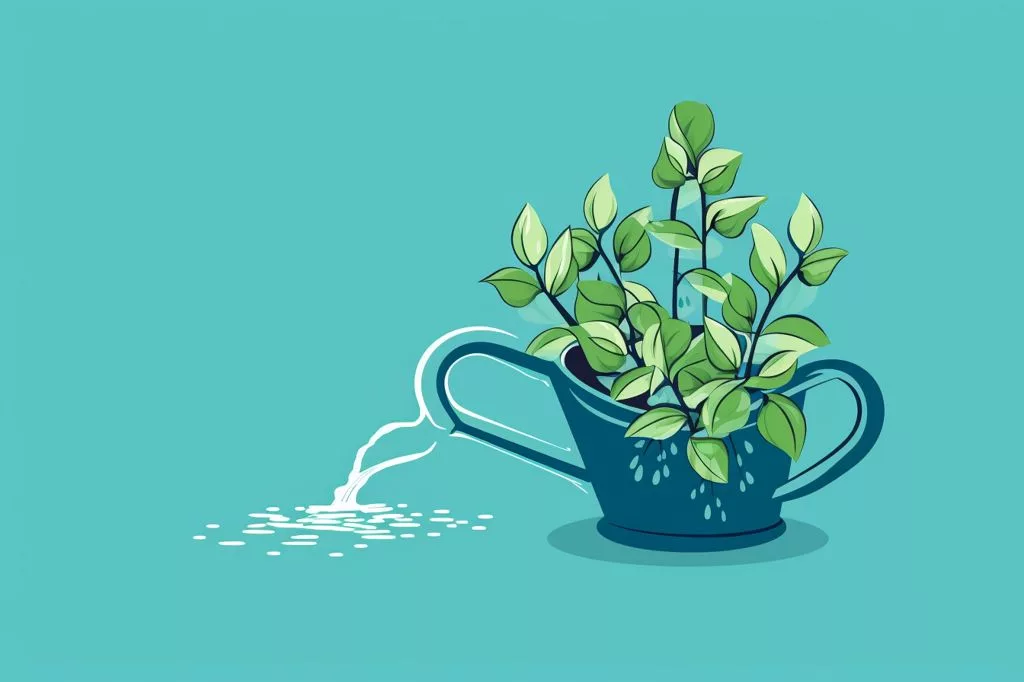World Food Day is a global effort to fight hunger and food insecurity, and this year’s celebration in KwaZulu-Natal will focus on the theme “Water is Life, Water is Food. Leave No One Behind.” The event will educate communities about coping strategies for food security, such as creating food gardens and endorsing agricultural cooperatives. The partnership between the Ministry of Agriculture, Land Reform and Rural Development and the Food and Agriculture Organization of the United Nations is critical in tackling hunger and malnutrition, and KwaZulu-Natal’s agricultural landscape offers numerous opportunities for growth and collaboration.
What is World Food Day and how is it celebrated in KwaZulu-Natal?
World Food Day is a global effort to combat food insecurity and hunger. Minister of Agriculture, Land Reform and Rural Development, Ms. Thoko Didiza, together with KwaZulu-Natal MEC for Agriculture and Rural Development, Mr. Super Zuma, and the Food and Agriculture Organization of the United Nations (FAO), will honor World Food Day (WFD) on the 26th of October 2023. The event in KwaZulu-Natal will be held under the theme: “Water is Life, Water is Food. Leave No One Behind.” The celebration aims to educate communities about coping strategies for food security and raise public awareness regarding global hunger.
A Global Effort for Food Security and Hunger Alleviation
To demonstrate the collective dedication towards combating food insecurity and hunger worldwide, the Minister of Agriculture, Land Reform and Rural Development, Ms. Thoko Didiza, together with KwaZulu-Natal MEC for Agriculture and Rural Development, Mr. Super Zuma, and the Food and Agriculture Organization of the United Nations (FAO), will honor World Food Day (WFD) on the 26th of October 2023. This notable event will occur in KwaZulu-Natal, under the theme: “Water is Life, Water is Food. Leave No One Behind.”
The event supports the social, environmental, and economic objectives of highlighting the significant role water has in supporting life on our planet. It stresses the importance of water as the basis of our food system and the need to guarantee universal access to this essential resource.
To mitigate the impact of rising food costs, the event aims to educate communities about various coping strategies, such as creating food gardens and endorsing agricultural cooperatives. These approaches not only strive to ensure food security but also promote job creation and economic development.
Addressing Global Hunger and the Importance of Water
World Food Day also seeks to raise public consciousness regarding the difficulties encountered by starving and undernourished people worldwide. Moreover, it encourages communities to take action in fighting this pervasive issue. During the WFD festivities, the minister, dignitaries, and senior officials will visit various projects and households. They expect to distribute food parcels and agricultural assistance to selected needy families in specific communities.
The partnership between the Ministry of Agriculture, Land Reform and Rural Development, and the Food and Agriculture Organization of the United Nations is a critical platform for tackling hunger and malnutrition. As we observe World Food Day, we must remember our shared duty to ensure that no one is left behind in the pursuit of food security.
By hosting this significant event, KwaZulu-Natal exhibits its dedication to the cause. The province’s agricultural landscape offers numerous opportunities for growth and collaboration, making it an ideal location for World Food Day celebrations.
This year’s World Food Day theme emphasizes the vital connection between water and food, highlighting the interdependence of our environment and the necessity for sustainable practices. As climate change worsens water resource scarcity, this theme underscores the importance of preserving water and using it responsibly.
Community Empowerment and Sustainable Solutions
Promoting food gardens as one of the suggested coping strategies not only empowers communities but also fosters environmental sustainability. When managed effectively, these gardens can provide a dependable source of nutritious food while also strengthening local economies through job creation.
Often undervalued, agricultural cooperatives have the capacity to play a crucial role in achieving food security. By offering support to such initiatives, communities gain access to resources, expertise, and networks, empowering them to efficiently produce, market, and sell agricultural products.
World Food Day acts as a driving force for change, inspiring communities to take action against hunger and malnutrition. By participating in this collective effort, we can collaborate to ensure that everyone has access to the fundamental rights of food and water.
As the festivities take place in KwaZulu-Natal, it is vital that the media actively covers the event and raises awareness. The media’s involvement can assist in disseminating crucial information to communities, motivating people to join the global movement towards food security.
In summary, observing World Food Day in KwaZulu-Natal offers an exceptional opportunity to address the worldwide issue of hunger and malnutrition. By cultivating public awareness and advocating sustainable solutions, we move closer to achieving our goal of leaving no one behind. As we recognize this important day, let us unite to ensure that everyone has access to water and food, the fundamental building blocks of life.
1. What is World Food Day and why is it important?
World Food Day is a global effort to combat food insecurity and hunger. It is important because it raises public awareness regarding global hunger and educates communities about coping strategies for food security.
2. When will World Food Day be celebrated in KwaZulu-Natal and what is the theme?
World Food Day will be celebrated on October 26th, 2023, in KwaZulu-Natal under the theme “Water is Life, Water is Food. Leave No One Behind.”
3. Who is involved in the celebration of World Food Day in KwaZulu-Natal?
The celebration is a partnership between the Ministry of Agriculture, Land Reform and Rural Development, KwaZulu-Natal MEC for Agriculture and Rural Development, and the Food and Agriculture Organization of the United Nations.
4. What is the objective of World Food Day in KwaZulu-Natal?
The objective is to educate communities about coping strategies for food security, such as creating food gardens and endorsing agricultural cooperatives. It also aims to raise public awareness regarding global hunger.
5. What are some of the coping strategies for food security that will be discussed during World Food Day?
Creating food gardens and endorsing agricultural cooperatives are some of the suggested coping strategies for food security.
6. How can agricultural cooperatives contribute to achieving food security?
Agricultural cooperatives have the capacity to play a crucial role in achieving food security by offering support to communities, providing resources, expertise, and networks, empowering them to efficiently produce, market, and sell agricultural products.
7. What is the significance of this year’s World Food Day theme?
This year’s World Food Day theme emphasizes the vital connection between water and food, highlighting the interdependence of our environment and the necessity for sustainable practices. As climate change worsens water resource scarcity, this theme underscores the importance of preserving water and using it responsibly.
8. How can the media contribute to the success of World Food Day in KwaZulu-Natal?
The media’s involvement can assist in disseminating crucial information to communities, motivating people to join the global movement towards food security. It is vital that the media actively covers the event and raises awareness.








